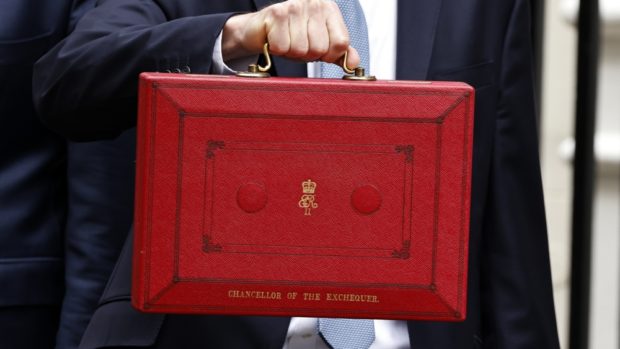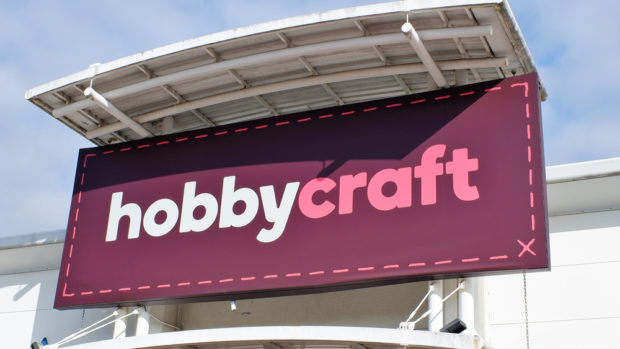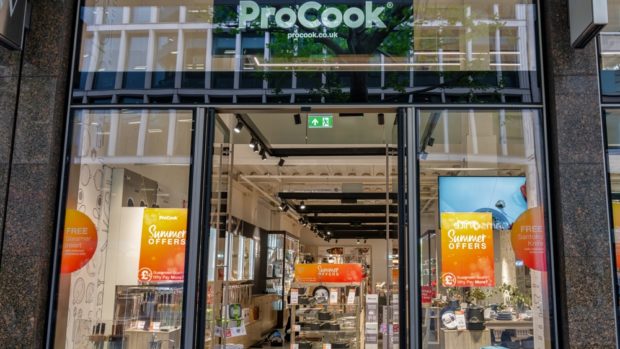As the country prepares to enter its third year of the cost-of-living crisis, over half (55 per cent) of Brits believe their Christmas’ are set to be impacted by tighter purse strings.
Surveying 2,000 Brits across the country, leading market research platform Zappi has revealed that households are planning to tackle the cost-of-living crisis head-on by taking a pragmatic approach when it comes to their Christmas shopping this year.
Nearly half (46 per cent) said they are planning to spend less on gifts this year than last year, while just 10 per cent plan to spend more on gifts. Consumers plan to prioritise deals and promotions (38 per cent), shop more at discount stores (33 per cent) and begin shopping earlier than in previous years (21 per cent) to cope with rising costs. Designer brands are likely to be impacted as well. When asked about how inflation will impact their shopping from designer brands, 41 per cent said they will shop less from designers.
Gift giving is not the only area where consumers are cutting costs. The cost-of-living crisis is also being felt around the dinner table this Christmas. Over a third of households admit they are aiming to cut food costs (38 per cent), spread their food shopping over a few weeks to ease costs (37 per cent) and shop around multiple retailers for the best food prices (40 per cent).
The good news is that despite the economic challenges this holiday season, more than three in five (60 per cent) are excited about the holidays, compared to just 15 per cent who aren’t.
Steve Philips, founder and CEO of Zappi said: “It’s unsurprising that Brits are planning to tighten their belts this Christmas. As consumers enter the third year of the cost-of-living crisis, it’s essential that brands understand how this is impacting holiday plans, traditions and perceptions of brands. If they fail to understand changing consumer behaviour and sentiment, they risk alienating not only their loyal customer base but also potential new customers.”
With festive ad campaigns now underway, brands need to make sure they acknowledge the economic challenges consumers are facing, while still delivering that feel-good holiday spirit.
When asked what resonates with them, Brits said they prefer Christmas ads that show acts of kindness (47 per cent), family & friend togetherness (45 per cent) and tradition and festivity (44 per cent). This is reflected in the response to this years’ adverts, with Zappi research finding that Aldi and Amazon’s budget-conscious but heartwarming ads were the best received by viewers*.
The good news is that just 38 per cent of UK consumers believe that holiday ads are released too early. When asked about the ideal time brands should release their holiday adverts, 31 per cent of UK consumers said early November was the best time. This matches closely with the start date of their own holiday shopping, with 32 per cent also picking early November.
Comparatively, 58 per cent of Brits think brands release holiday products in stores too soon and 47 per cent think brands begin talking about the holidays too soon.
Philips continues, “This years’ selection of Christmas ads reaches us during a divisive time for the UK. What’s imperative now is that brands ensure their holiday campaigns are focused on meeting consumers where they are, with the right products at the right times. This year, brands should be sensitive to their cost-of-living concerns and offer options for budget-conscious shoppers.”








Share